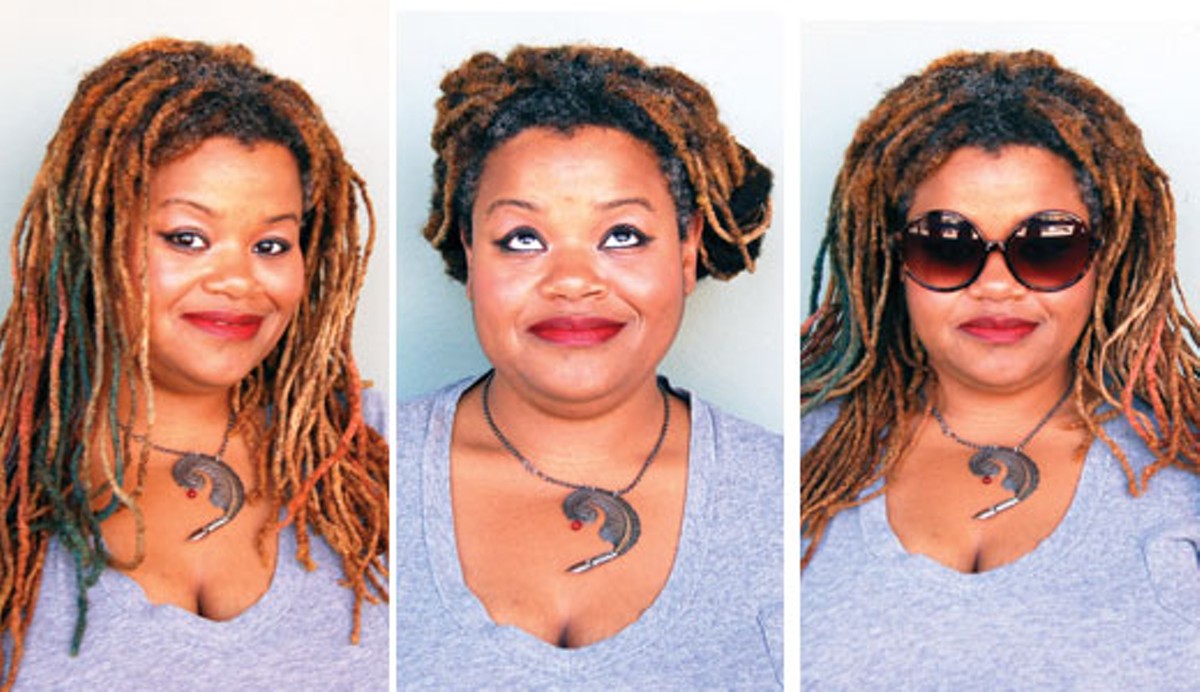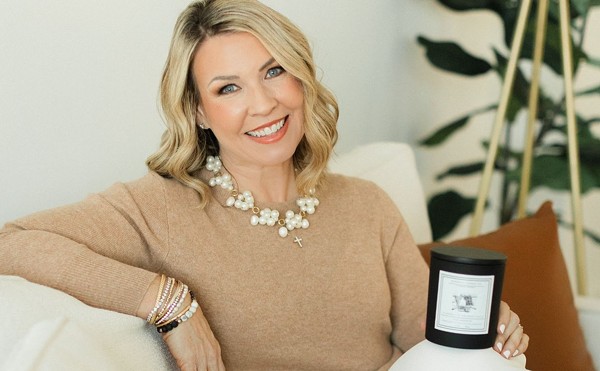When Chanelle Helm penned “White people, here are 10 requests from a Black Lives Matter leader” for LEO’s last issue, many readers were unprepared to hear or decipher what she meant. Helm’s piece was satirical, but the point she expressed is serious — America needs to start talking about how to help families who live in generational poverty and make racism and racists uncomfortable. America has to fix these issues.
This message was lost for some in the hyperbole, but, sometimes, to wake people up, shaking them up is the best method. This piece was effective. The reactions were a mix of confusion and outrage. White readers were polarized and frightened. Many reacted emotionally, instead of trying to figure out what Helm was really saying.
America has no idea what it means to create restorative justice, or to institute reparations. Too many believe that reparations means sending everyone in an oppressed group a check, or that a black family would have the rights to move into your personal home as repayment for historical slavery and systemic racism. Reparations is a debt, not a handout.
Americans have missed the point for a long time.
We still live in a “settler culture,” and when Helm failed to coddle white feelings and presented her piece without additional context, the Pandora’s box of fragile, white feelings burst open. Some stepped in to explain but were quickly shut down by angry voices. Helm was threatened, scolded and ridiculed, and some even donated in small amounts to chide Helm for bringing up reparations. Even the attempt at discussion was too much for some to handle. If Helm’s justice work wasn’t already so dangerous, the reactions may have been funnier.
Many white allies were also confused, some asking me what she meant. I thought this would be a learning experience for everyone.
The next time you hear, “give your money to black people” or “give property to black people,” know that what is being requested is not all of your money, or your land. You are being asked to put on your charitable giving list the organizations that are doing the work in historically black areas to keep generationally poor families in homes, fed and clothed. It is about making right the past disenfranchisement, and using the privilege that whiteness brings to help.
It’s very basic. Extend your privilege. Do something. Help correct the past.
Generational poverty occurs when a family has lived in poverty for two generations or more. This happens in white families but it is pandemic in black families. That has to change — and this is what Helm means.
Why?
If these very basic needs are met, people can better succeed in daily challenges, education, employment, etc. Perhaps it would put an end to the “work harder” myth that assumes people struggling are just not trying hard enough.
When I spoke to Helm, she was finishing her work in Boston on the recent march that saw some 20,000 people walk in defiance of a handful of “free speech” white supremacists. She’d been up much of the night getting activists out of jail.
Helm attributed part of the confusion over her piece to the lack of knowledge about land distribution and ownership. She feels it is important, when looking at generational poverty and ownership, that people “know who owns the property in black neighborhoods, where white flight comes into play and who the property should really belong to.”
In West Louisville, whites fled for suburbia to escape black families. But many properties remain in the hands of white owners who use it to exploit poor blacks — punishing them for being black and poor. These are the people about whom Helm is speaking.
“The rest of the post, outside of housing, is about real ways that they need to get to work against racism. If you’re not racist, stop listening to racist white people and not saying anything,” Helm said, referring to her list.
It isn’t just that Helm was misunderstood, many are simply still scared to have these talks, because they feel radical and unfamiliar. “I’ve at least had two people start thinking and actually changed their minds,” Helm said. “One’s going to help me figure out some police accountability stuff, as a police officer.”
“This work can be done. There are way more white people that need to start having those tangible conversations.”
That people were mad over Helm’s language is not shocking. No one wants to be a stereotype.
Our job as people who want to make our nation better is to identify our core issues and conversations that will make us uneasy. Then, have them — even if you must ask, “What do you mean?”
William J. Richardson, known on Twitter as the Hood Academic, is a researcher and doctoral student in sociology at Northwestern University, focusing on urban sociology and how settler culture affects and subjects people of color.
When asked to explain what restorative justice looks like, he shared two views: “If we’re talking about short term, I take the view of the Black Panthers, where you institute all programs for survival — keeping people alive right now — keeping them safe, fed, clothed, healthy,” he said. “Thinking about the long-term, restorative justice will be by breaking down and rebuilding this entire society. There’s no true restorative justice that doesn’t include that kind of fundamental restructuring.”
The hard work is disquieting, and what it takes to achieve equity in this country is something that many Americans have yet to consider. America, built on the blood and backs of black and brown people, needs to settle its accounts. As it is, America is unsustainable.
How do we move toward the future?
“I think right now, today, the best thing you can do is get educated,” said Richardson. He recommends Australian Patrick Wolfe’s “Traces of History” as a good start. “Even if they know nothing about what race is and how racism works, this book is a good start.”
“However you have access to that education, learn as much as you can about the history of this country. There is no good future that we can have that doesn’t know where we’ve come from.”
That we are still having these conversations illuminates this fact; and as Richardson said, “Privileged people have really not listened.”
And, I’m afraid, this is a hurdle we will be climbing for a very long time.







